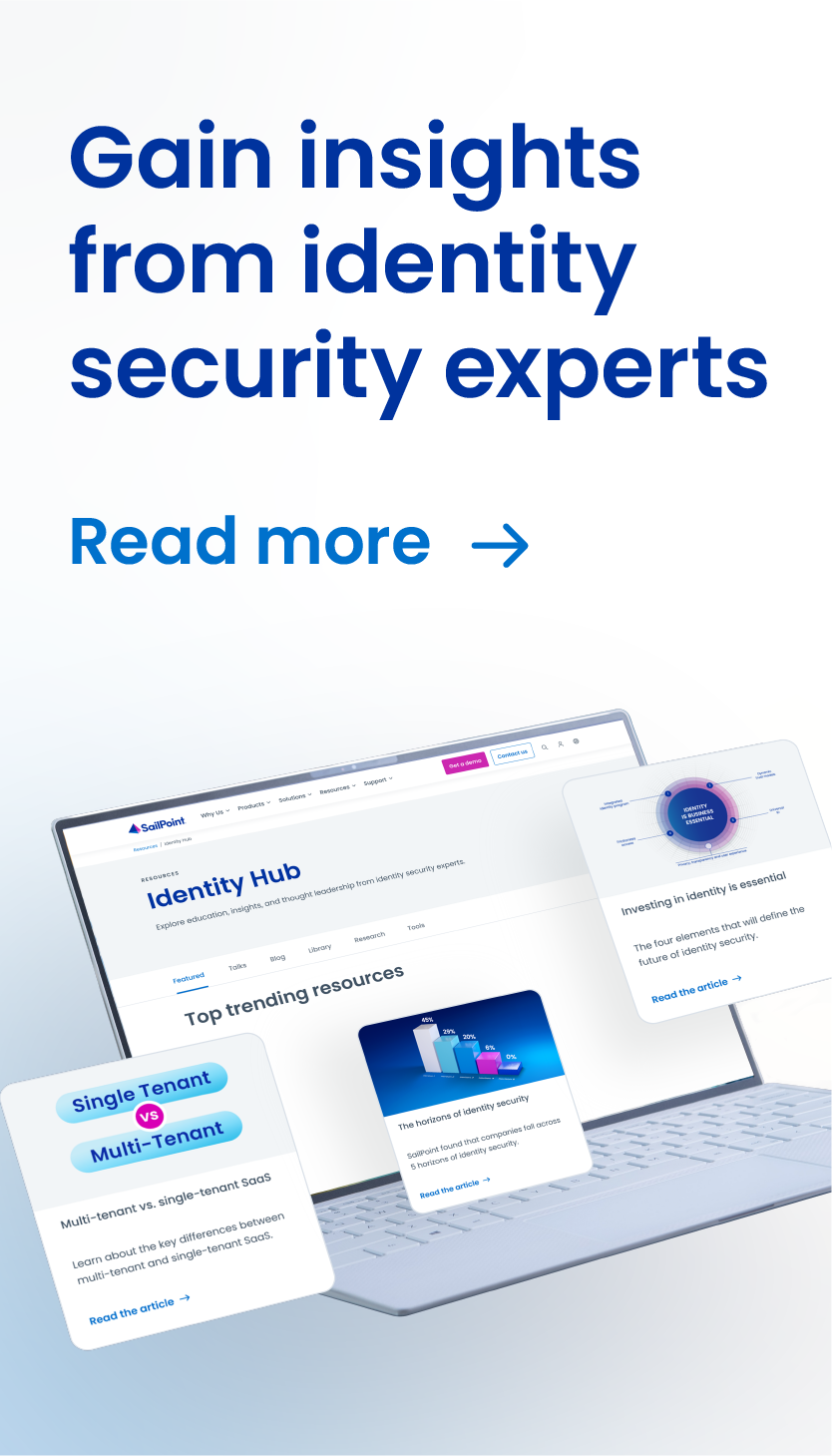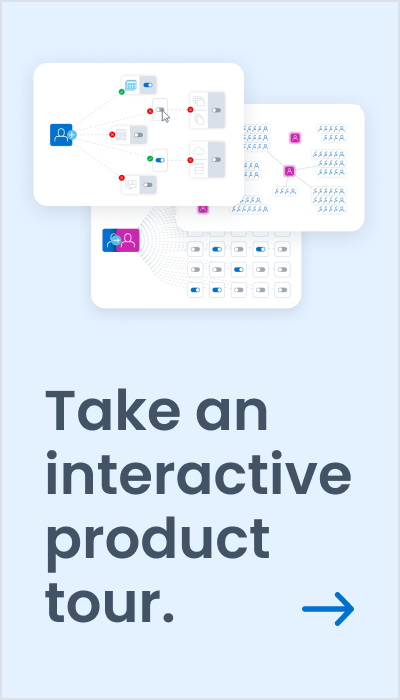[Not] Breaking News: Passwords Still Alive But Not So Well
Just a few letters, numbers and (hopefully) special characters stand between your data and someone who could do something damaging with it. Yes, I’m talking about passwords and passphrases, something we all love to hate.
SailPoint partnered with research company Vanson Bourne to survey 400 IT decision makers about their password habits. They’re the ones most acquainted with the consequences of bad security habits, so it’s safe to assume they lead by example, right?
Surprisingly, no! Let’s see how your own security practices compare to those we surveyed.
Question 1: Have you ever used the same password at work and in your personal life?
Password reuse is a cardinal security sin – one that I think most security professionals agree is a lazy, hack-waiting-to-happen practice. But our survey found that IT decision makers aren’t practicing what they preach. More than half of respondents (55%) admitted they were guilty of violating this simple password rule.
We must stop this habit. It’s like leaving a house key under the plastic rock on your front steps. And if IT leaders who know better are doing it, it’s likely a bigger problem than anyone realizes, which exposes organizations to real risk.
Question 2: Which of the following have you used in a password?
Simple passwords are more easily cracked. Yet, nearly a third (32%) of IT leaders admitted to using easy-to-guess words, like a pet’s name (28%), a memorable location (20%) or a favorite sports team or player (20%). Worse, one in 10 IT decision makers admitted to using “password” or “qwerty” as a password. Let that sink in for a minute.
This is a testament to how password fatigue opens major opportunities for hackers. These passwords may be easy to remember, but they are even easier to guess. This is where SSO tools can help simplify access to applications while you keep your passwords long, varied and unique.
Poor password hygiene creates a gateway for attackers to easily get access to enterprise data. And while we can debate the longevity of passwords, the fact is they’re the most widely used and accepted means of authentication. We must be diligent in protecting ourselves and our organizations.
So, this World Password Day, take a moment to check your password habits and make sure you’re not making life easy for hackers.



Discussion